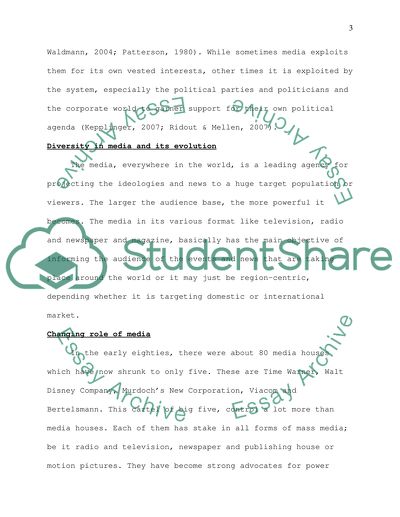Cite this document
(The Media's Reporting of Politics and the Political Process Essay, n.d.)
The Media's Reporting of Politics and the Political Process Essay. Retrieved from https://studentshare.org/media/1571035-a-critical-analysis-of-the-medias-reporting-of-politics-and-the-political-process
The Media's Reporting of Politics and the Political Process Essay. Retrieved from https://studentshare.org/media/1571035-a-critical-analysis-of-the-medias-reporting-of-politics-and-the-political-process
(The Media'S Reporting of Politics and the Political Process Essay)
The Media'S Reporting of Politics and the Political Process Essay. https://studentshare.org/media/1571035-a-critical-analysis-of-the-medias-reporting-of-politics-and-the-political-process.
The Media'S Reporting of Politics and the Political Process Essay. https://studentshare.org/media/1571035-a-critical-analysis-of-the-medias-reporting-of-politics-and-the-political-process.
“The Media'S Reporting of Politics and the Political Process Essay”, n.d. https://studentshare.org/media/1571035-a-critical-analysis-of-the-medias-reporting-of-politics-and-the-political-process.


